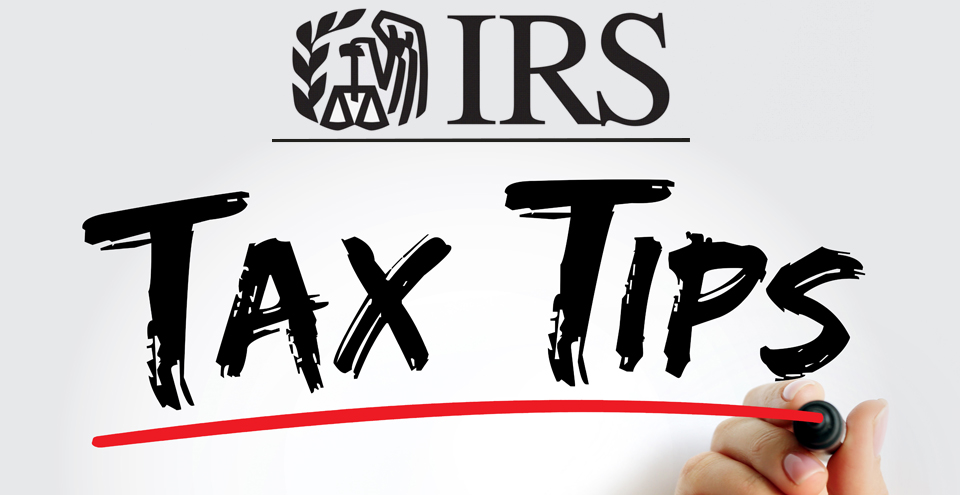The nationwide price of gas is slightly higher than it was a year ago and the 2025 optional standard mileage rate used to calculate the deductible cost of operating an automobile for business has also gone up. The IRS recently announced that the 2025 cents-per-mile rate for the business use of a car, van, pickup or panel truck is 70 cents. In 2024, the business cents-per-mile rate was 67 cents per mile. This rate applies to gasoline and diesel-powered vehicles as well as electric and hybrid-electric vehicles.
The process of calculating rates
The 3-cent increase from the 2024 rate goes along with the recent price of gas. On January 17, 2025, the national average price of a gallon of regular gas was $3.11, compared with $3.08 a year earlier, according to AAA Fuel Prices. However, the standard mileage rate is calculated based on all the costs involved in driving a vehicle — not just the price of gas.
The business cents-per-mile rate is adjusted annually. It’s based on an annual study commissioned by the IRS about the fixed and variable costs of operating a vehicle, including gas, maintenance, repairs and depreciation. Occasionally, if there’s a substantial change in average gas prices, the IRS will change the cents-per-mile rate midyear.
Standard rate or real expenses
Businesses can generally deduct the actual expenses attributable to business use of a vehicle. These include gas, oil, tires, insurance, repairs, licenses and vehicle registration fees. In addition, you can claim a depreciation allowance for the vehicle. However, in many cases, certain limits apply to depreciation write-offs on vehicles that don’t apply to other types of business assets.
The cents-per-mile rate is beneficial if you don’t want to keep track of actual vehicle-related expenses. With this method, you don’t have to account for all your actual expenses. However, you still must record certain information, such as the mileage for each business trip, the date and the destination.
Using the cents-per-mile rate is also popular with businesses that reimburse employees for business use of their personal vehicles. These reimbursements can help attract and retain employees who drive their personal vehicles a great deal for business purposes. Why? Under current law, employees can’t deduct unreimbursed employee business expenses, such as business mileage, on their own income tax returns.
If you do use the cents-per-mile rate, keep in mind that you must comply with various rules. If you don’t comply, the reimbursements could be considered taxable wages to the employees.
When you can’t use the standard rate
There are some cases when you can’t use the cents-per-mile rate. It partly depends on how you’ve claimed deductions for the same vehicle in the past. In other situations, it depends on if the vehicle is new to your business this year or whether you want to take advantage of certain first-year depreciation tax breaks on it.
As you can see, there are many factors to consider in deciding whether to use the standard mileage rate to deduct vehicle expenses. We can help if you have questions about tracking and claiming such expenses in 2025 — or claiming 2024 expenses on your 2024 income tax return.
PKS & Company, P. A. is a full service accounting firm with offices in Salisbury, Ocean City and Lewes that provides traditional accounting services as well as specialized services in the areas of retirement plan audits and administration, medical practice consulting, estate and trust services, fraud and forensic services and payroll services and offers financial planning and investments through PKS Investment Advisors LLC.
© Copyright 2025. All rights reserved. Brought to you by PKS & Company, P.A.




